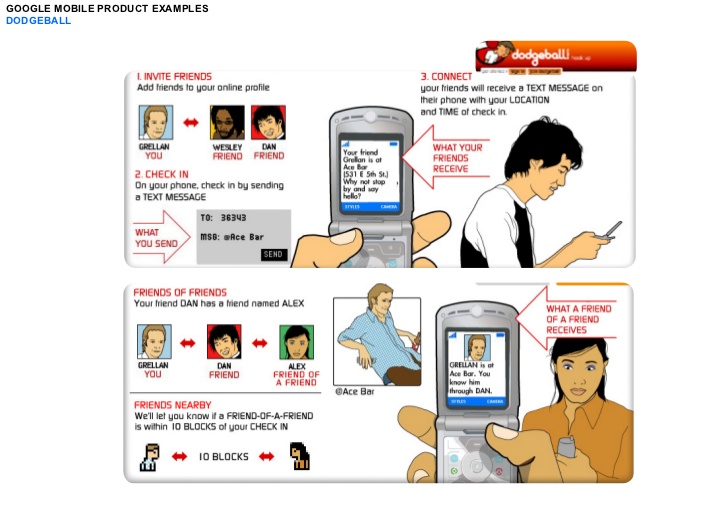Business
Failspiration: Google and Microsoft keep failing, and that’s why your startup might fail, too.
What the heck is failspiration? It’s a thing that has failed, but not in a way that is linear, makes sense, or is otherwise easy to explain. It’s also a word I just invented, and years from now, there will be perhaps dozens of people using this term. That’s how effective I am at creating catchy portmanteaus. (Portmanteau, a word that seems fake, but is actually real.)
Consider this: In 2008, a funky little music-tech startup launched from a basement near Seattle. A collection of misfits thought they’d upend the music purchase model by offering MaaS: Music as a Service. Rather than buying MP3’s, this company thought it would be wise to allow you to stream music from any artist, for a flat fee.
For $14.99 per month, this little company had a value proposition that couldn’t be beaten: Unlimited music on your mobile device, your desktop, and even streaming music directly from your game console, via a built in application. Heck, they even threw in music video streaming, and a 10 song ownership model with every monthly subscription. Pick 10 songs per month to download in lossless, high definition per month, and you own them forever.
Except there’s one little wrinkle: It wasn’t a funky little startup. It was Microsoft, a company with access to resources that could crush any competitor. Microsoft’s Zune Pass was the first major streaming music application.
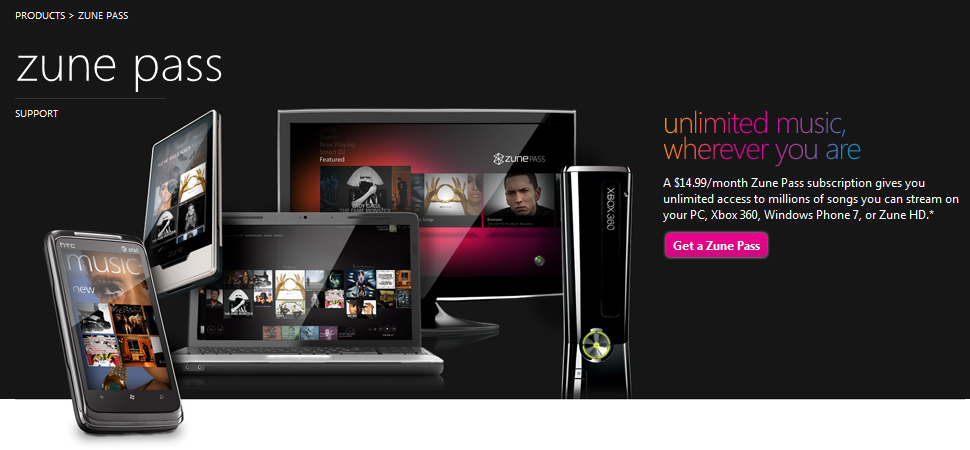
Microsoft beat Spotify to the game, along with Apple Music. Zune Pass just happened to be born under the name Zune, which… well… is another failed Microsoft product. Today, just about everyone uses either Spotify or Apple Music, and streaming music is the norm. How did Microsoft screw this up? Well, they were a little too early, and also… they tied themselves into their own ecosystem. Right when applications and smartphones were becoming widespread, Microsoft stubbornly stuck to their guns.
The Apple iPhone had just launched a year prior. There was plenty of time to get Zune Pass into the App Store. (Yes, Apple would have taken their cut, but… that’s how the game is played.) In 2008, Microsoft had a product that should have been the most dominant force in streaming music. But it failed.
Let’s jump forward in time a little. You’re chatting with your coworkers on this colorful desktop application. Everything is sorted into channels, and everyone has their own team. It’s a collaborative work tool, made for businesses and people who need to collaborate in real time on shared projects.
You send someone an invite to join your team, and they quickly jump into the conversation, rather than having to dig through emails. Surely… I’m talking about Slack, right?
Wrong.
I’m talking about Google Wave.
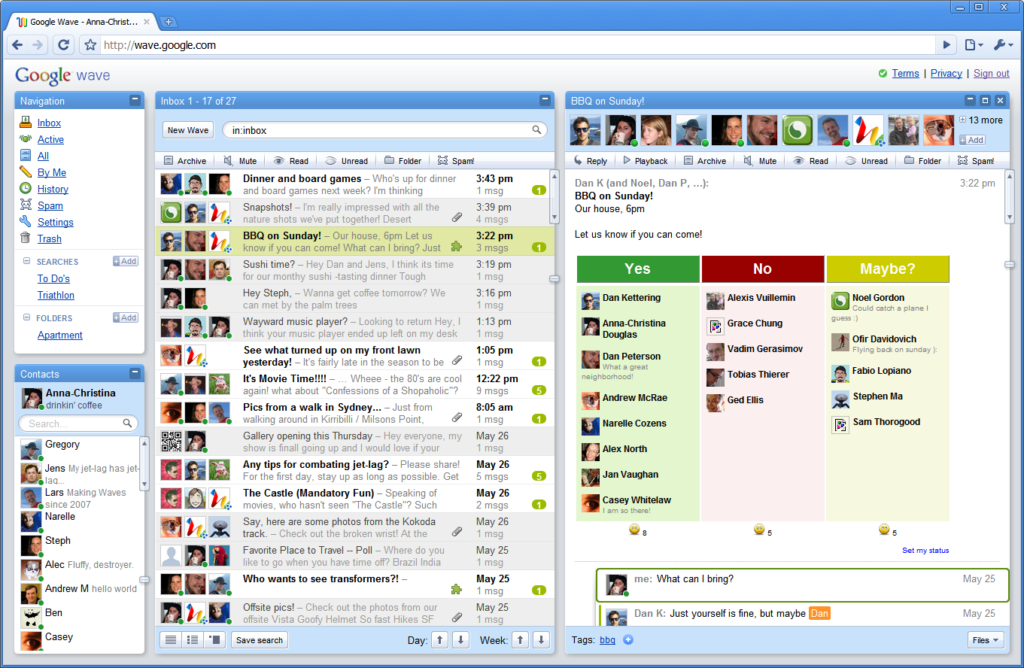
Before Slack and Microsoft Teams, there was Google Wave, the real-time group collaboration tool. Everyone could chat easily, and work on any project. It seemed like a genius idea.
Except Google missed one feature about how people work: In company teams. Everything about this worked, but Slack got something right where Wave got it wrong — companies usually stack into different teams, whether it’s sales, logistics, warehouse operations, management, etc. Wave tried to unify everything, and failed because they missed the point of how people actually work.
Wave was super-damn-close.
Ready for a blast from the past? Imagine for a moment you’re going to “check in” to a restaurant, grocery store, bar, daycare center, or any other place. You get points for checking in, and your friends know when you’ve checked in somewhere.
It sounds like I’m describing Foursquare, which admittedly isn’t what it once was — but you’d be wrong. Google acquired a company called Dodgeball in 2005 that was basically exactly what Foursquare ended up becoming. That’s because Google left the product to wither, and the founders of Dodgeball left Google… and created a product exactly like Dodgeball called Foursquare. Not only did Google let talent leave, they paid for a product, let the founders go, and those same founders went and built the same product, but better.
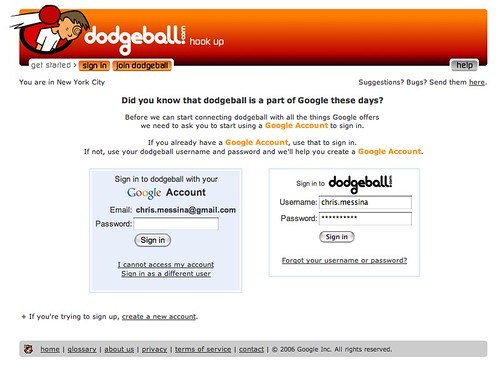
Since the demise of Foursquare, Google has wised up and realized that real-time reviews are best part of the search-cycle, but for a brief moment, Foursquare was a thing. In fact, Google had the right idea in 2004 when they acquired Dodgeball, in trying to pivot to mobile search and experience reviews.
Last one, ready?
It’s the beginning of 2007, and the America’s largest cell phone provider announces they’re going to offer a touch-screen phone, built in with applications that you use on your desktop — including email, GPS Maps, a full suite of office products, social network integration, and even chat functionality.
Surely I must be talking about the iPhone, right?
No.

You know what’s crazy? I had this phone. The HTC Apache/Verizon Wireless VX6700 was a monster, especially because it predated the iPhone. I thought I was the coolest dude in the world, but I was actually just a huge nerd with a Windows phone.
Every Windows phone failed miserably, and Windows was there at the beginning. Why? Microsoft kept trying to sell business features rather than daily productivity and fun. Apple’s iPhone launch was more about just… living your life. Windows Phones continued failing for the next 12 years before Microsoft finally called it quits in 2019. Is it completely weird that Microsoft was never able to crack the mobile operating system market? Yes. It’s doubly weird when you consider they still dominate something like 90% of desktop computers, worldwide.
What did we learn here? You may have a great idea, and it still might fail. Giant companies with more money than Oprah fail all the time, and it’s because it’s not about having the best idea, or even the best engineers. There are thousands of ways to fail with a great idea.

